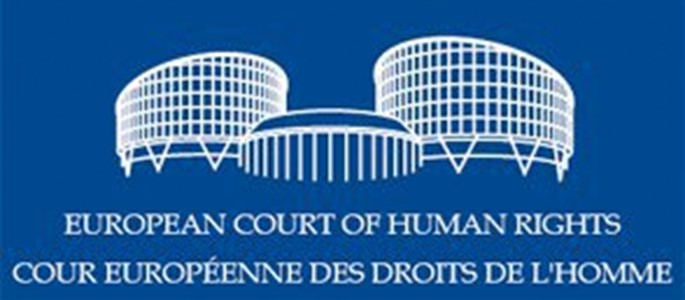New human rights judgment: Nobody can be returned to Syria
A judgment from The European Court of Human Rights should lead to conversion of all cases where Syrian refugees have had their residence permits in Denmark revoked
FACTS:
The case is called ”M.D. and others v. Russia” (71321/17), and the ruling was made on 14. September this year. The court stated that deportation to Syria is in breech of Article 2 (the right to life) and Article 3 (protection from torture, inhuman or degrading treatment or punishment). The applicants had all been expelled from Russia after their visas had expired.
Judgment: Violation of Art 2 and Art 3. Proposed expulsion to Syria not feasible at present and at least in near future owing to volatile security situation.
UPDATE 29th Octobre 2021:
The Refugee Appals Board has discussed the judgment and did not find reason to change its practice. Read more (in Danish only).
People with a similar profile as the applicants would probably have been granted asylum in Denmark under art. 7(1), and would therefore not have been expelled. However, the judgment is still very relevant for the Danish cases where so far around 150 Syrians from Damascus and Rif Damascus have had their asylum permits after art. 7(3) or 7(2) finally revoked or refused extension. The Danish Refugee Appeals Board considers those areas to be generally safe enough by now for people without a personal risk profile. The court in Strasbourg finds on the contrary that no areas in Syria are safe, and that all forced deportations will expose the person to a high risk.
The security situation in Syria
The applicants come from different parts of Syria (Rif Damascus, Idlib, Aleppo), but ECHR considers Syria as a whole, and includes the security assessment of Damascus which is where the applicants most likely would be deported to, if the deportation was carried out.
The court concludes that no part of Syria is safe when it comes to forced deportations, in spite of the information about cease fire and a perceived reducing of active fightings. ECHR refers to international reports about the situation in Syria and the security assessment in the case "O.D. v. Bulgaria" (appl. no. 34016/18, 14. October 2019).
Hence, the ruling goes directly against the Danish assessment which says that everyone without a personal asylum motive can go back to Damascus and Rif Damascus without facing a risk.
Personal risk
ECHR lists the individual risk factors of the applicants and finds that they all have a special risk profile, being at the age where they might be drafted for military service, thereby risking forced conscription. For this reason alone they would probably have been granted asylum in Denmark under art. 7(1) as mentioned above.
The court also mentions the risk for people of Kurdish origin who are facing a special risk of being exposed to blackmail, murder, kidnapping, torture and prison. The court refers to background information from UN Security Council 2020. Among the rejected in Denmark are also Kurdish Syrians and Syrians from the Kurdish regions, where this risk was not found sufficiently severe to grant them asylum on personal grounds.
Returnees
Finally the court states that all the applicants will as returnees be at risk of harassment, arbitrary detention, imprisonment upon arrival in spite of security clearance obtained on beforehand, torture and other kinds of abuse, as well as confiscating of property and limited freedom of movement. The court refers to information from the UNHCR report on Syria from 2021.
The Danish decisions are juridically between two chairs: on the one hand a number of people have had their permits finally revoked, on the other hand there are no plans of negotiating with Assad about a return agreement, so there are no imminent plans of forced deportations. The Danish authorities can therefore claim that they are not forcing anyone, but merely encouraging people to return ”voluntarily”.
This circumvention would probably not hold up in a case against Denmark. The rejected have lost all rights in Denmark and they are forced to live in a deportation centre under the so-called Motivational Measures which have the purpose of pressuring people to leave. Whether a physical deportation takes place or not will most likely not be important in this regard.
In another case, ”N.A. v. Finland” from 2019, the court found that a rejected Iraqi asylum seeker, who had returned ”voluntarily” and was killed in Bagdad shortly after, was in fact the responsibility of Finland, as he, having had his asylum claim rejected, did not have a free choice, and therefore the return had to be considered a forced deportation. Thus it would also be Denmark’s responsibility if a rejected Syrian who had travelled back to Damascus on her own, were to be killed or exposed to torture.
Do you like the website?
Please become a member.
We survive only on personal memberships.


